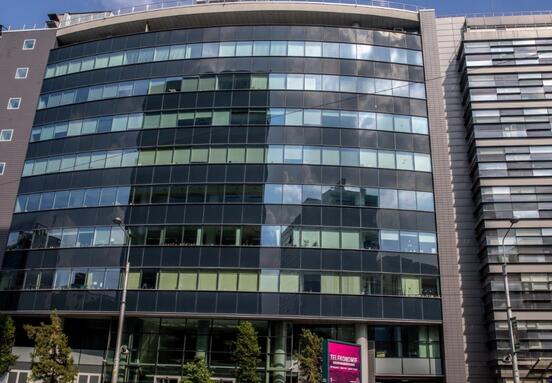Only 20 percent of respondents spoke about difficult access to funding,’ Lazea underlined. As to the question ‘Where do companies get funding if not from the banks?’ their responses indicate that funding comes from reinvesting the profit, the sale of company’s assets, loans from shareholders, capital increases or commercial credit. In his turn, Fiscal Council President Ionut Dumitru stated that the SMEs and large companies still have room to hike bank indebtedness, especially if the shareholders increase the capitalization too and the abuse of insolvency drops.
“The total bank debts within the companies’ total assets stood at 13.6 per cent last year, somewhat smaller for large companies (11.9 per cent), and higher for SMEs (14.6 per cent),” Dumitru stated. He pointed out that of the 628,000 SMEs that existed last year only 244,000 registered a profit, representing less than 40 per cent. At the same time, one out of every three SMEs registering profit has bank loans (13-15 per cent of total SMEs), while the percentage reaches 70 per cent in the case of larger companies. Nevertheless, Dumitru warned that the banking system’s biggest challenge in the following period is the managing of bad loans, Romania registering the highest level of bad loans after Greece. Likewise, hiking revenue is mandatory for the banks, since the alternative is represented by a significant reduction of costs, which would place great pressure on banks. At the same time, the Fiscal Council President also stated that the deleveraging of the banking system could stop at the end of next year and early 2015, if the history of the economic cycle repeats, considering that this process has a span of approximately five years and started in 2010-2011.
Romania’s economic growth will be slower in 2014 compared to this year, set to reach approximately 2 per cent compared to the 3 per cent level estimated for the end of 2013, against the backdrop of a lower contribution from agriculture and exports, Melania Hancila, manager Deloitte Consultancy, stated. She pointed out that the stimulation of consumption attempted by the government is welcomed however the stimulation of investments should hold priority, because only investments can boost the potential economic growth and can create jobs. (source: nineoclock.ro)






